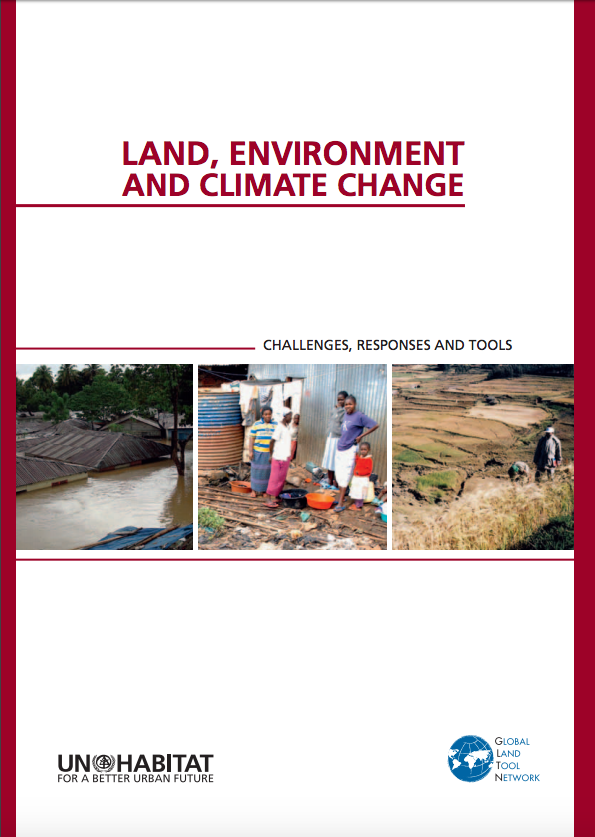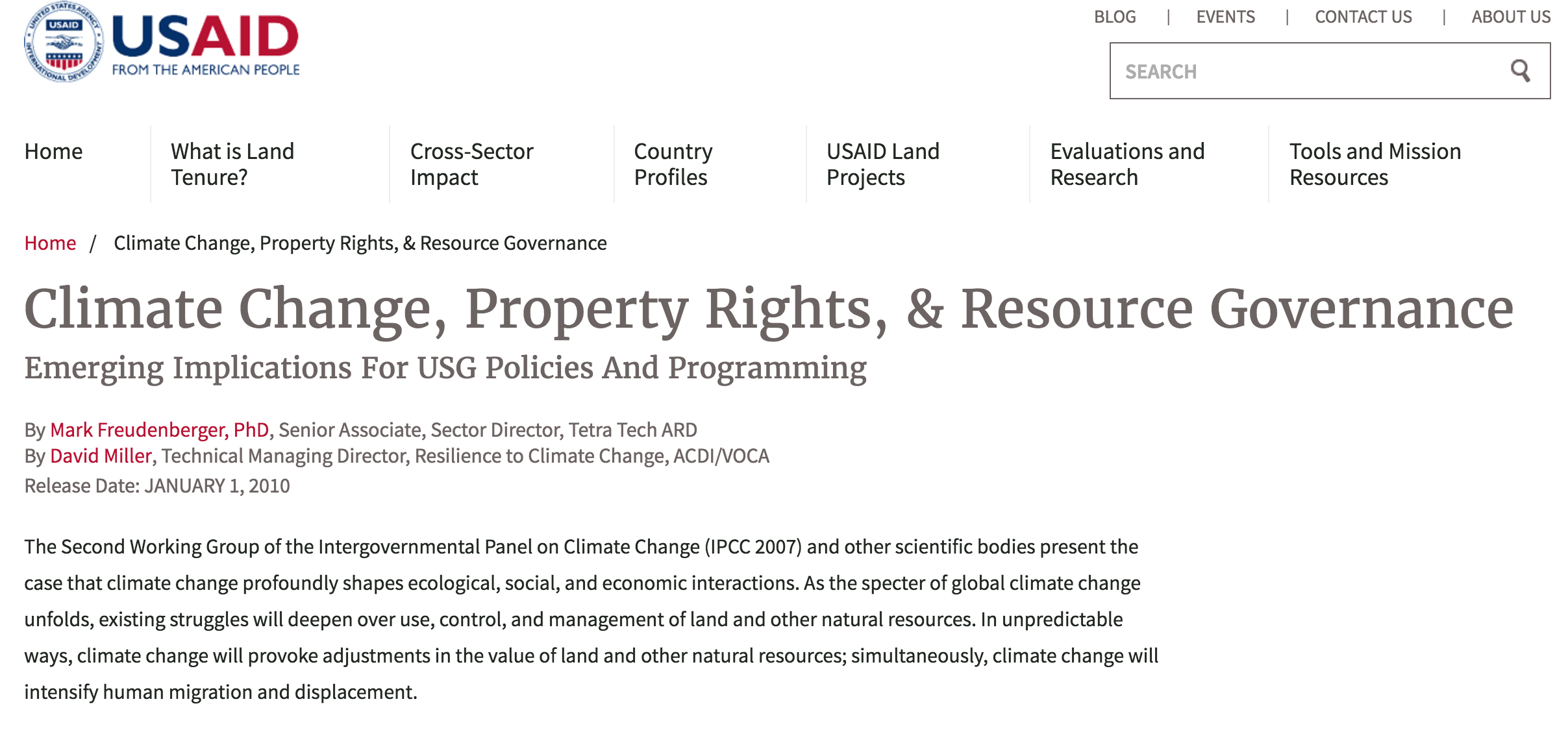Climate change implications for water resources in the Limpopo River Basin
This paper analyzes the effects of climate change on hydrology and water resources in the Limpopo River Basin of Southern Africa, using a semidistributed hydrological model and the Water Simulation Module of the International Model for Policy Analysis of Agricultural Commodities and Trade (IMPACT). The analysis focuses on the effects of climate change on hydrology and irrigation in parts of the four riparian countries within the basin: Botswana, Mozambique, South Africa, and Zimbabwe.




